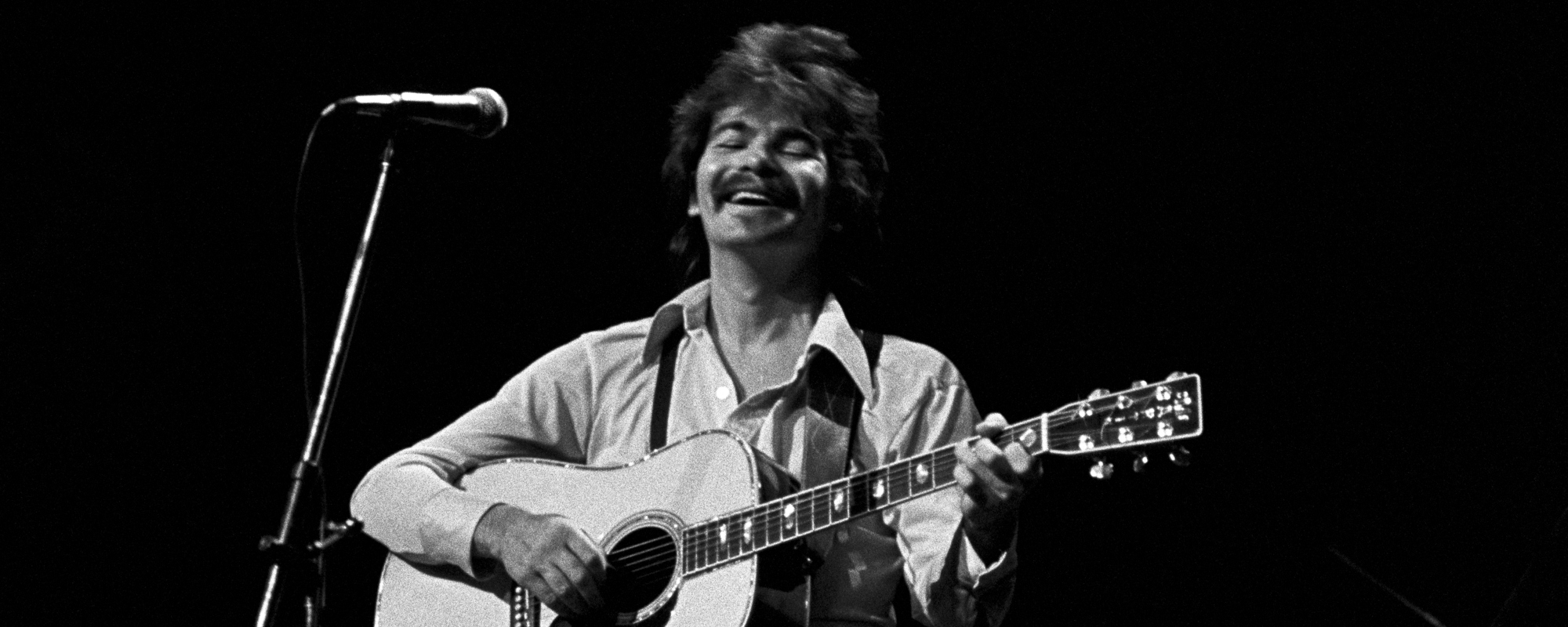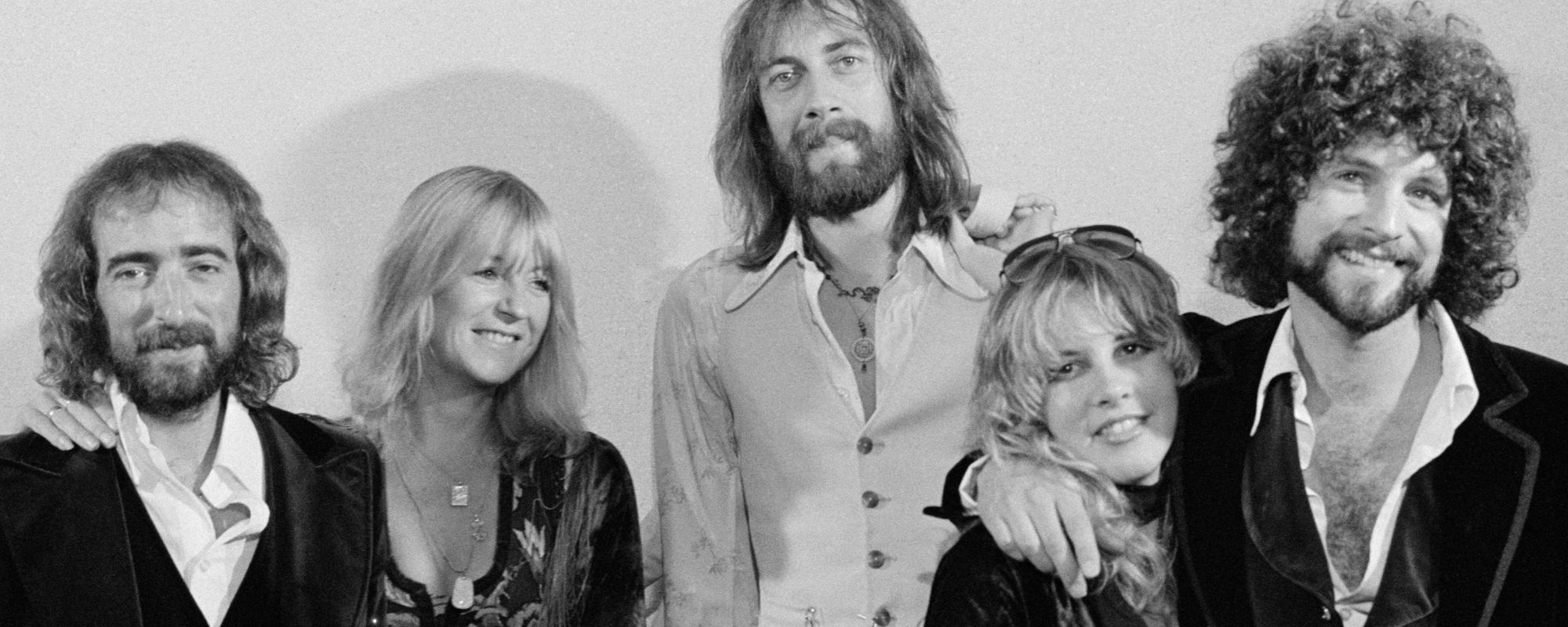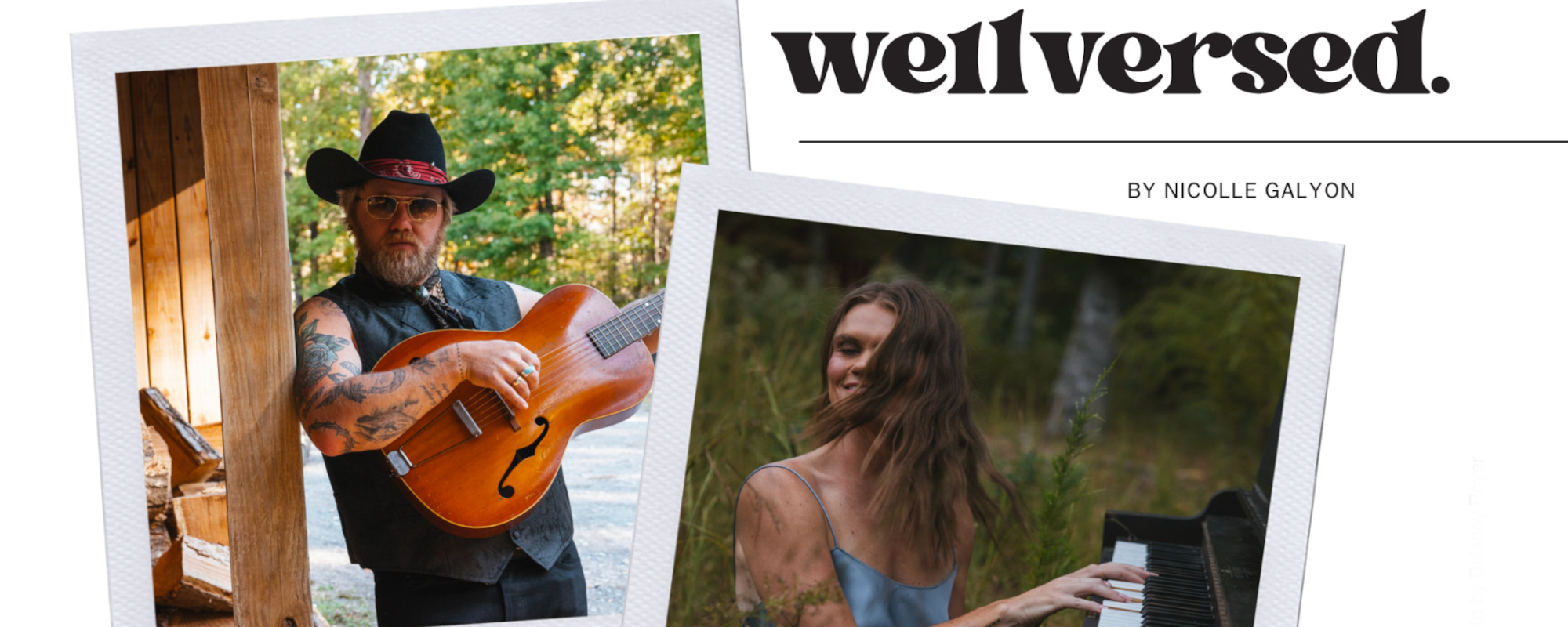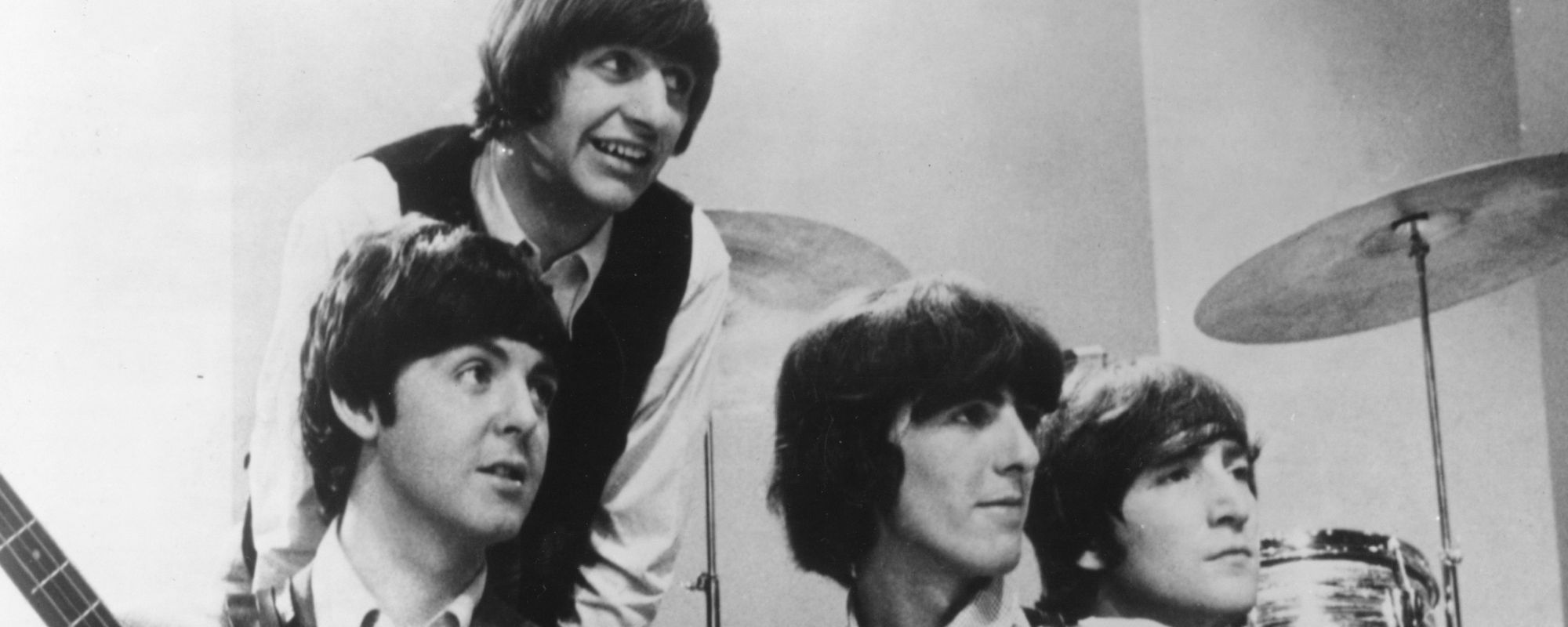“My poetry is all about the big picture,” said Stevie Nicks. “You may not understand some of it, but hopefully, you will understand what I’m trying to say by the time you get to the end of the song.”
For decades, Nicks has worked out of pages of journal entries, adding prose and poetry, since joining Fleetwood Mac with Lindsey Buckingham in 1974. A majority of her entries, specifically her countless poems, later became songs, including Fleetwood Mac’s 1977 classic “Silver Springs” and her solo hit “Edge of Seventeen” from her 1981 debut, Bella Donna.
“When I keep my journal, it’s big, like a telephone book, because I always feel that that will never get lost,” shared Nicks in a 2022 interview with The New Yorker. “So what I do is I write on the right side of the page, and then on the left-hand side, I write poetry, which I usually take right out of my prose. So lots of times, when I go back to them, it’s to look at the poetry for songs.”
When writing her 2011 album In Your Dreams, produced by Dave Stewart, Nicks sifted through her “thousands of pages of poetry” for lyrics. Poetry also inspired Nicks’ “Annabel Lee,” based on Edgar Allan Poe’s final poem of the same name from 1849. Poe’s poem was a favorite of Nicks’ as a teenager, who instantly connected to Poe’s words and heroine after being assigned reading in school.
“I remember sitting on my bed, in my mom and dad’s house,” recalled Nicks, “writing that song and being so overwhelmed with the romanticism of it.”
Videos by American Songwriter
[RELATED: The Song Stevie Nicks Wrote for Fritz, Her First Band With Lindsey Buckingham]
“I don’t necessarily mean ‘Romantic.’”
For Nicks, certain words or phrases serve as indirect passages to songs. “When I say the word ‘Romantic,’ I don’t necessarily mean romantic as far as having a guy or somebody in your life,” said Nicks. “I mean just the halcyon days or … remember the way that the air felt on your skin, or the way your hair felt when the wind blew through it, or the way that the trees sounded, or that kind of thing.”
She continued, “So, if my journal entry has a romantic tinge to it, I might thumb through it and go, ‘This entry would make a really good poem,’ which could then be made into a good song.”
Although Nicks has kept journals for most of her life, she said she doesn’t often look back at old entries, unless there’s a word or phrase, a storyline or poem she can use for a song.
“I would rather spend the time writing a new journal entry than going back and reading old journal entries,” said Nicks, “because if you go back, you’re not going to go forward. I just try to keep going forward.”

“Poets and songwriters have a lot in common.”
Nicks sees poetry in the same lane as songwriting. “It’s the way that works for me,” she said. “If you’re gonna write a novel or make a movie about the state of the world, it’s going to be this really long, epic thing. But if you’re writing a poem, it can simply be a page—or it can be two or three little verses. Poetry allows you to write a whole story in a very small amount of words and get your point across.”
She added, “I’ve never actually written a long story and I wouldn’t even begin to know how to do that, but poems and songs let me talk about these things in a form I can manage.”
Songwriters, said Nicks, should be poets before they can tap into lyrics. “I think that poets and songwriters have a lot in common because a songwriter really has to be a poet first,” she said.
“I think that poets and songwriters have a lot in common because a songwriter really has to be a poet first,” Nicks added. “That’s how we live our lives. It’s the same kind of thinking. Unlike people who write fiction or make movies, we put our stories into these small little containers filled with mostly short lines and verses. This is how we talk about the way we feel and talk about things and explain the world and ourselves.”
Photo: Michael Ochs Archives/Getty Images













Leave a Reply
Only members can comment. Become a member. Already a member? Log in.